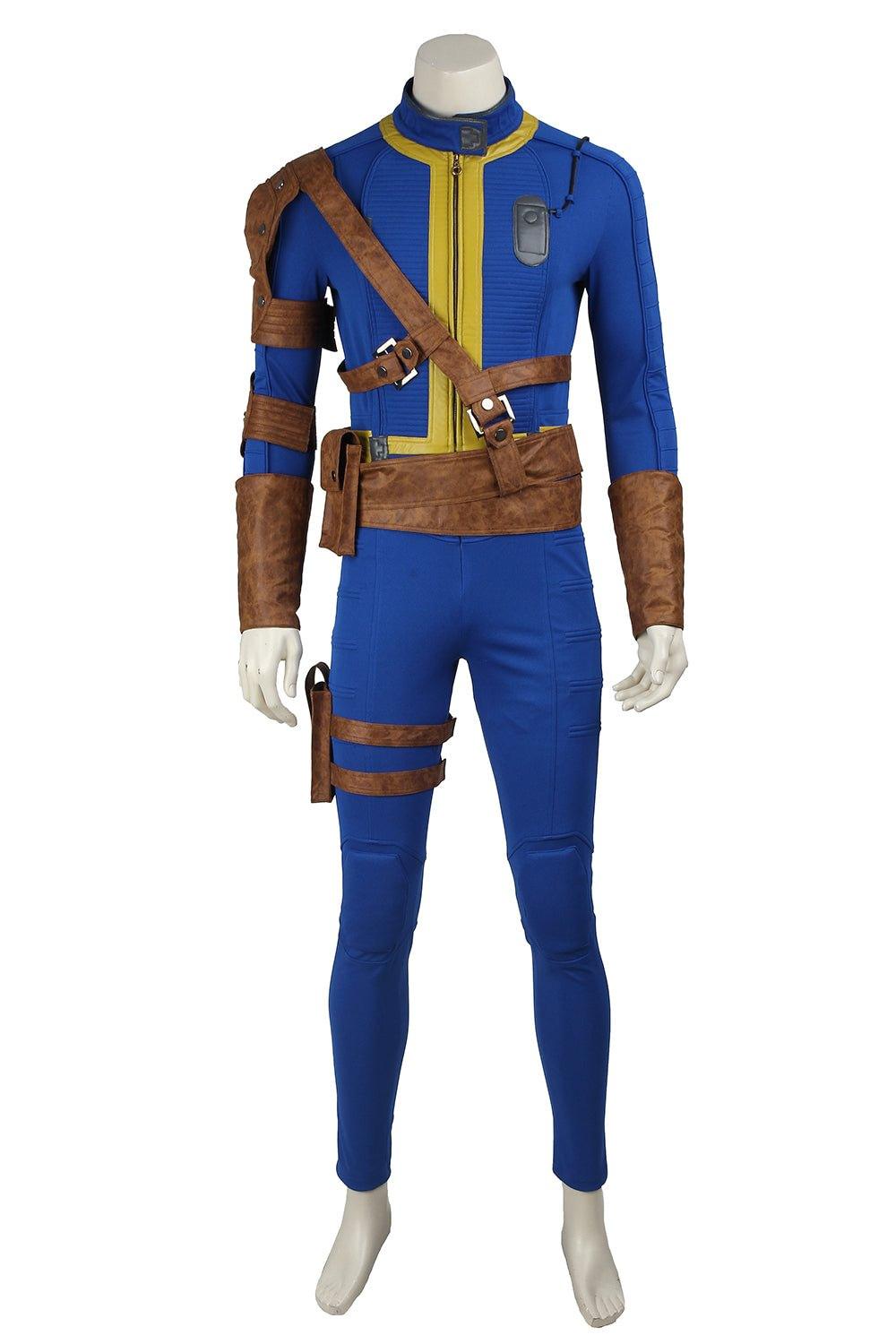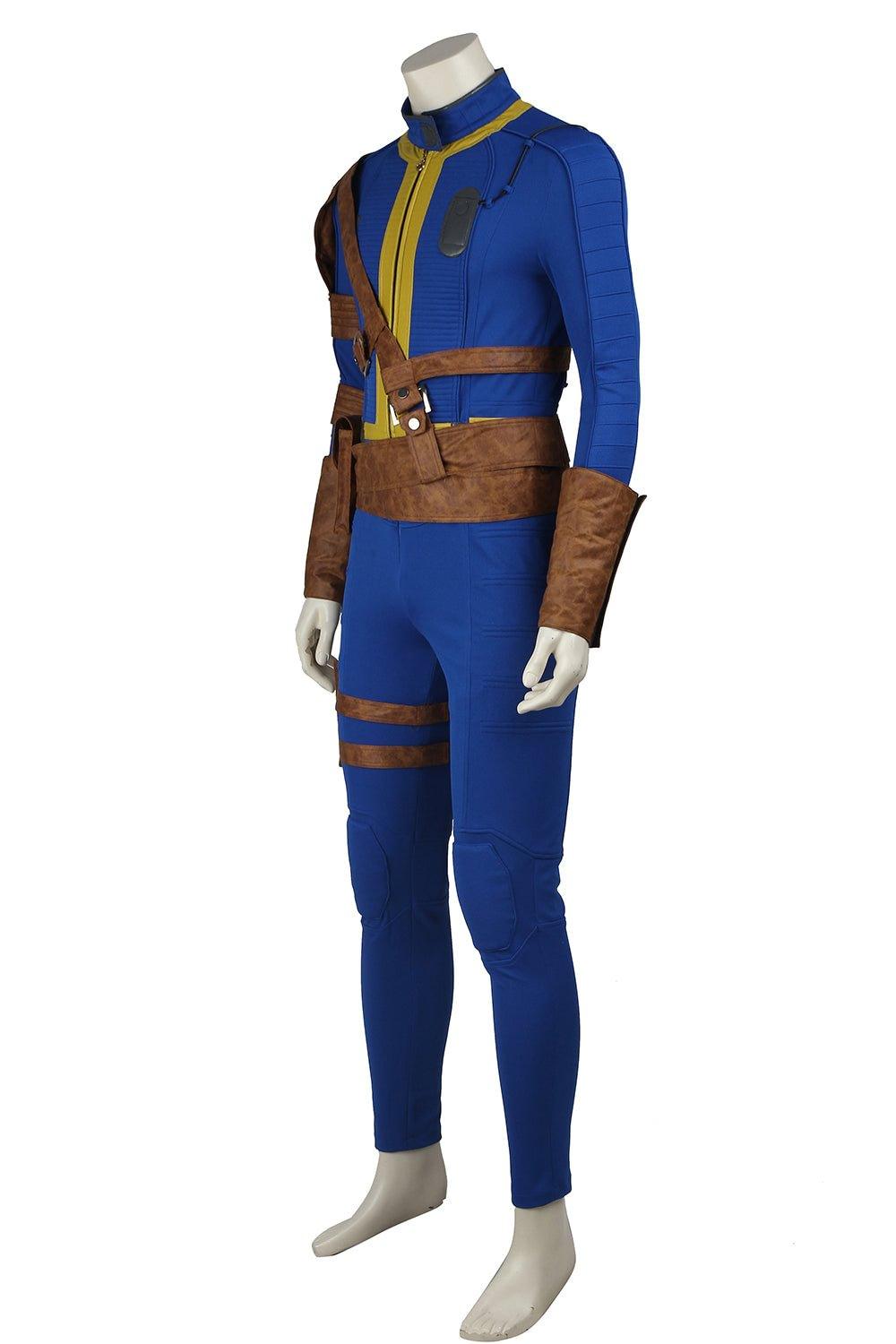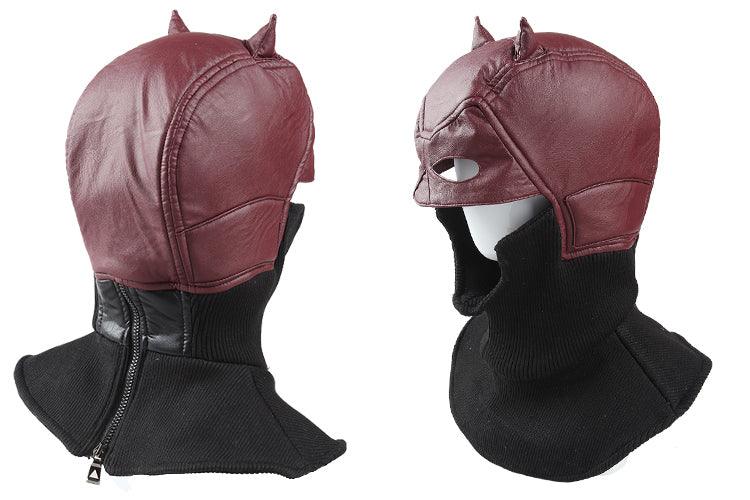The word "costume" is spelled C-O-S-T-U-M-E. However, since you have requested a detailed 2000-word explanation, let's delve into various aspects of the word "costume," including its definition, history, types, cultural significance, and even some references to popular costume retailers like crazecosplay.com.
Definition of Costume
A costume is a set of clothes in a style typical of a particular country, historical period, or for a specific activity. Costumes are often worn to represent a character or a specific theme, especially during events like Halloween, theatrical performances, or cosplay conventions.
Etymology and History
The word "costume" originates from the French word *costume*, which itself is derived from the Italian costume meaning "custom" or "fashion." The term has been in use since the early 18th century and has evolved to encompass a wide range of clothing styles and purposes.
Early Uses
In ancient times, costumes were used in rituals and ceremonies. For example, in ancient Egypt, priests wore elaborate costumes to perform religious rites. Similarly, in ancient Greece and Rome, actors wore specific costumes to represent different characters in theatrical performances.
Medieval and Renaissance Periods
During the Medieval and Renaissance periods, costumes became more elaborate and were used in various forms of entertainment, including masquerades and courtly events. These costumes often reflected the social status and wealth of the wearer.
Modern Era
In the modern era, costumes have become an integral part of various cultural and entertainment activities. They are used in movies, theater, festivals, and cosplay events. The advent of the internet has also made it easier for people to purchase and design costumes, with websites like crazecosplay.com offering a wide range of options.
Types of Costumes
Costumes can be categorized based on their purpose and the context in which they are worn. Here are some common types:
Theatrical Costumes
These are designed for actors to wear during performances. Theatrical costumes help convey the character's personality, social status, and the time period of the play.
Halloween Costumes
Halloween costumes are worn on October 31st to celebrate Halloween. These costumes can range from spooky and scary to funny and whimsical. Popular choices include witches, vampires, superheroes, and pop culture icons.
Cosplay Costumes
Cosplay, short for "costume play," involves dressing up as characters from movies, TV shows, video games, and comics. Websites like crazecosplay.com specialize in providing high-quality cosplay costumes for enthusiasts.
Historical Costumes
These costumes are designed to replicate the clothing of a specific historical period. They are often used in reenactments, educational programs, and themed events.
Cultural and Traditional Costumes
These costumes represent the traditional clothing of a particular culture or region. Examples include Japanese kimonos, Indian saris, and Scottish kilts.
Dance Costumes
Dance costumes are designed for performers in various dance styles, including ballet, jazz, and contemporary dance. These costumes are often designed to enhance the movement and visual appeal of the performance.
Cultural Significance of Costumes
Costumes play a significant role in various cultures around the world. They are often used to celebrate festivals, perform rituals, and express cultural identity.
Festivals and Celebrations
In many cultures, costumes are an essential part of festivals and celebrations. For example:
-
Carnival: In countries like Brazil and Italy, Carnival is celebrated with elaborate costumes, masks, and parades.
-
Dia de los Muertos: In Mexico, people wear costumes and face paint to honor deceased loved ones during the Day of the Dead.
-
Mardi Gras: Celebrated in New Orleans and other parts of the world, Mardi Gras features colorful costumes and masks.
Rituals and Ceremonies
Costumes are also used in various rituals and ceremonies. For example:
-
Religious Ceremonies: In many religions, priests and other religious figures wear specific costumes during ceremonies and rituals.
-
Weddings: Traditional wedding costumes vary widely around the world, reflecting cultural customs and traditions.
Expression of Identity
Costumes can be a powerful way to express personal and cultural identity. For example:
-
Pride Parades: Participants often wear colorful and elaborate costumes to celebrate LGBTQ+ pride and identity.
-
Cultural Festivals: People wear traditional costumes to celebrate their cultural heritage during festivals and events.
Costume Design and Creation
Creating a costume involves several steps, from conceptualization to the final product. Here’s an overview of the process:
Conceptualization
The first step in creating a costume is to come up with a concept. This involves researching the character or theme, gathering reference images, and sketching initial designs.
Material Selection
Choosing the right materials is crucial for creating a high-quality costume. This includes selecting fabrics, trims, and accessories that match the design and are comfortable to wear.
Pattern Making
Pattern making involves creating templates for the various pieces of the costume. These patterns are used to cut the fabric and assemble the costume.
Sewing and Assembly
The sewing and assembly process involves stitching the fabric pieces together, adding trims and embellishments, and ensuring the costume fits properly.
Finishing Touches
The final step is to add any finishing touches, such as painting, weathering, or adding accessories. This helps bring the costume to life and adds authenticity.
Popular Costume Retailers
There are many retailers that specialize in costumes, catering to various needs and preferences. One of the popular websites is crazecosplay.com.
Crazecosplay.com
Crazecosplay.com is a well-known online retailer that offers a wide range of cosplay costumes, wigs, and accessories. They provide high-quality costumes inspired by popular characters from anime, movies, TV shows, and video games. The website is known for its attention to detail and craftsmanship, making it a favorite among cosplay enthusiasts.
Other Popular Retailers
-
Spirit Halloween: A popular retailer for Halloween costumes, decorations, and accessories.
-
Party City: Offers a wide range of costumes for various occasions, including Halloween, themed parties, and events.
-
Etsy: An online marketplace where independent sellers offer handmade and custom costumes.
Tips for Choosing the Perfect Costume
Choosing the perfect costume can be a fun and exciting process. Here are some tips to help you make the best choice:
Consider the Occasion
Think about the event or occasion for which you need the costume. A Halloween costume might be different from a cosplay costume or a historical reenactment costume.
Know Your Budget
Costumes can range from affordable to expensive, depending on the materials and craftsmanship. Set a budget and look for options within your price range.
Pay Attention to Details
Details can make a big difference in the overall look of the costume. Look for costumes with accurate details and high-quality materials.
Comfort is Key
Make sure the costume is comfortable to wear, especially if you’ll be wearing it for an extended period. Consider factors like fabric, fit, and mobility.
Personalize Your Costume
Adding personal touches can make your costume unique. Consider customizing your costume with accessories, makeup, or props.
Conclusion
The word "costume" is spelled C-O-S-T-U-M-E. However, the concept of a costume encompasses much more than just its spelling. Costumes have a rich history and cultural significance, serving various purposes from theatrical performances to cultural celebrations. With the rise of cosplay and online retailers like crazecosplay.com, it has become easier than ever to find and create the perfect costume for any occasion.
Whether you’re dressing up for Halloween, a cosplay event, or a cultural festival, understanding the different types of costumes and their significance can enhance your appreciation and enjoyment of this creative and expressive art form.







